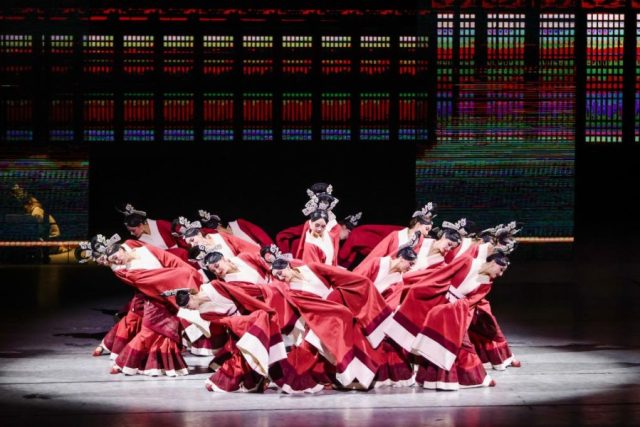URUMQI, Wednesday, July 2, 2025 (WNP): The 7th China Xinjiang International Dance Festival is set to open on July 20 in Urumqi, the capital of northwest China’s Xinjiang Uygur Autonomous Region, and will run through August 5, organizers announced at a press conference on Wednesday.
The festival, co-hosted by the Ministry of Culture and Tourism, the State Council Information Office, and the Xinjiang regional government, will feature 52 performances by 24 art groups from both China and abroad. In addition to the main stage in Urumqi, performances will also take place at six branch venues across the region, including Ili, Hotan, Aksu, Karamay, Hami, and Alaer.
According to Yu Jie, Deputy Director of the regional Culture and Tourism Department, this year’s festival will include renowned art groups from eight countries—among them Kazakhstan, Cambodia, the United States, and Italy—presenting a diverse array of genres such as dance dramas, ethnic operas, musicals, ballet, and modern dance.
First launched in 2008, the festival is China’s first major international arts event dedicated exclusively to dance, and has grown into a key platform for cross-cultural exchange under the Belt and Road Initiative. Over its previous six editions, the event has hosted 138 art troupes from over 70 countries and regions, delivering more than 200 performances to audiences in Xinjiang and beyond.
This year’s edition holds special significance as it coincides with the 70th anniversary of the founding of the Xinjiang Uygur Autonomous Region.
In addition to the main performances, the festival will offer a vibrant cultural experience across the region. Special discounts on dining, accommodation, transport, shopping, tourism, and entertainment will be available throughout the event. Artists will also stage mini-performances at tourist landmarks, bringing dance closer to the public and enhancing the cultural tourism experience, Yu added.
The 2025 edition is expected to further boost regional cultural tourism while highlighting Xinjiang’s rich ethnic heritage and growing role in international cultural dialogue.




